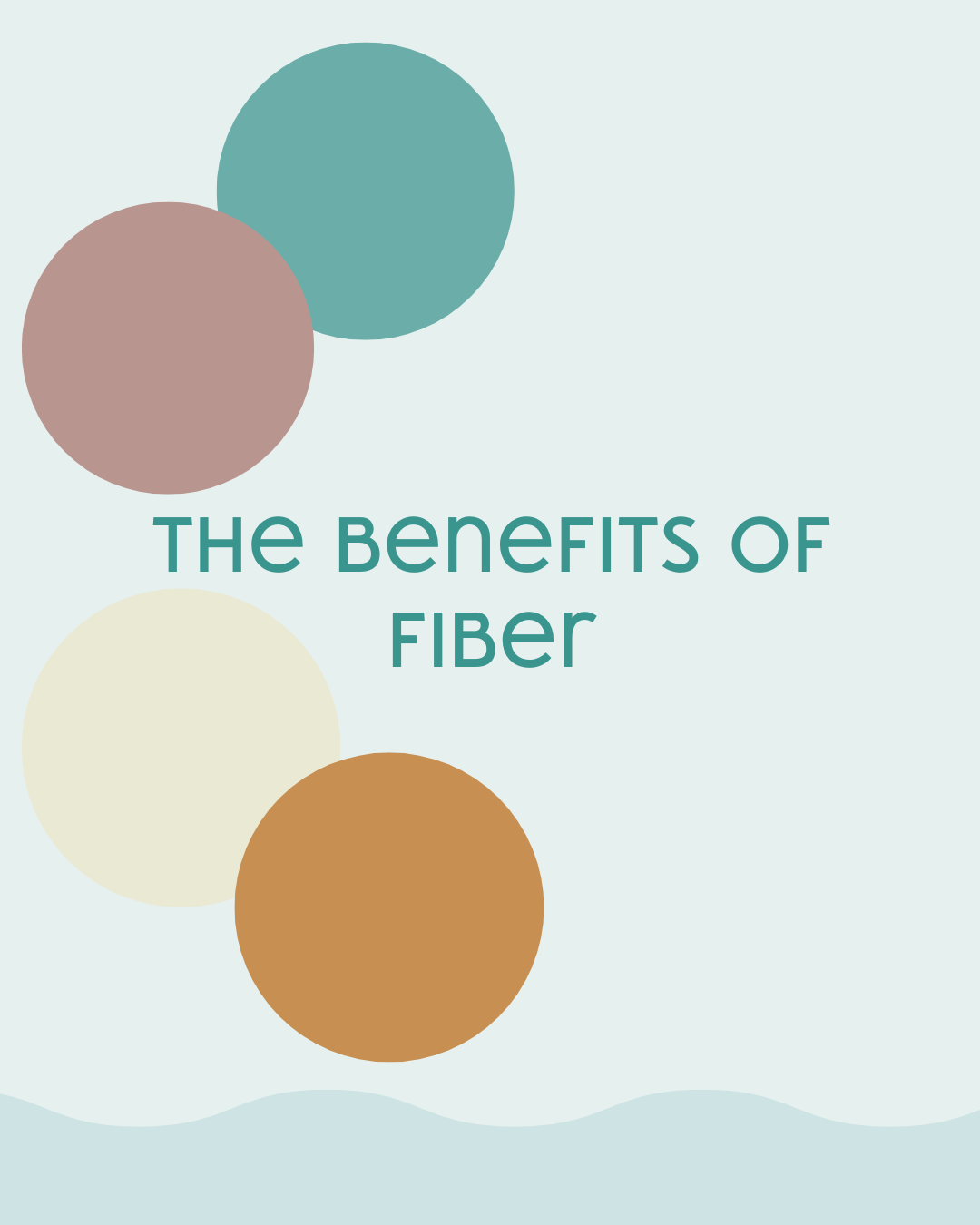
Benefits of Fiber
OK, we’ve all heard fiber is good for you, but what the heck is it and why should we care”?
Fiber is an essential nutrient that provides numerous health benefits. It is a type of carbohydrate found in plant-based foods such as fruits, vegetables, whole grains, legumes, nuts, and seeds. Unlike other carbohydrates, fiber cannot be broken down by the body, so it passes through the digestive system relatively intact. Here are some of the benefits of fiber and why you should make sure to include it in your diet.
1. Promotes Digestive Health
One of the primary benefits of fiber is that it promotes digestive health. Since fiber cannot be digested, it adds bulk to stool, helping it move through the digestive system more efficiently. This helps prevent constipation and other digestive problems. Furthermore, fiber feeds the healthy bacteria in the gut, promoting a healthy microbiome, which has been linked to numerous health benefits such as improved immune function and a reduced risk of chronic diseases such as type 2 diabetes and obesity.
2. Reduces the Risk of Chronic Diseases
Fiber has been shown to reduce the risk of chronic diseases such as heart disease, type 2 diabetes, and certain types of cancer. A study published in the journal JAMA Internal Medicine found that for every additional 7 grams of fiber consumed per day, the risk of dying from any cause was reduced by 9%. Fiber has also been shown to help lower cholesterol levels, reduce blood pressure, and improve insulin sensitivity, all of which are risk factors for chronic diseases.
3. Helps with Weight Management
Fiber is known to help with weight management by promoting feelings of fullness and reducing overall calorie intake. Foods high in fiber take longer to digest, which means that they keep you feeling full for longer periods. This can help reduce the overall amount of food you eat, making it easier to maintain a healthy weight.
4. Supports Healthy Aging
Fiber may also play a role in healthy aging. A study published in the journal Gerontology found that higher fiber intake was associated with a lower risk of cognitive decline in older adults. Other research has shown that fiber may help prevent age-related muscle loss and reduce the risk of age-related diseases such as Alzheimer's and Parkinson's disease.
To reap the benefits of fiber, it's essential to include plenty of fiber-rich foods in your diet. Some excellent sources of fiber include:
- Fruits and vegetables: Apples, berries, pears, oranges, broccoli, carrots, and sweet potatoes are all high in fiber.
- Whole grains: Whole wheat bread, brown rice, quinoa, and oatmeal are all excellent sources of fiber.
- Legumes: Lentils, beans, peas, and chickpeas are all high in fiber.
- Nuts and seeds: Almonds, chia seeds, flaxseeds, and pumpkin seeds are all good sources of fiber.
- Vitaminis Gut Health Drink Shots (each has 5 grams of fiber, as much as 1 cup of broccoli!)
It's also important to gradually increase your fiber intake to avoid digestive discomfort. Aim to increase your fiber intake by no more than 5 grams per day until you reach your target. You should also make sure to drink plenty of water when increasing your fiber intake to help prevent constipation.
In conclusion, fiber is an essential nutrient that provides numerous health benefits. It promotes digestive health, reduces the risk of chronic diseases, helps with weight management, and supports healthy aging. To reap the benefits of fiber, make sure to include plenty of fiber-rich foods in your diet, and gradually increase your intake to avoid digestive discomfort. With a little effort, you can enjoy the many benefits of fiber and improve your overall health and wellbeing.
Sources:
- Harvard T.H. Chan School of Public Health: Fiber
- Mayo Clinic: Dietary fiber: Essential for a healthy diet
- Medical News Today: What are the health benefits of fiber?
- JAMA Internal Medicine: Association of Dietary, Circulating, and Supplement
